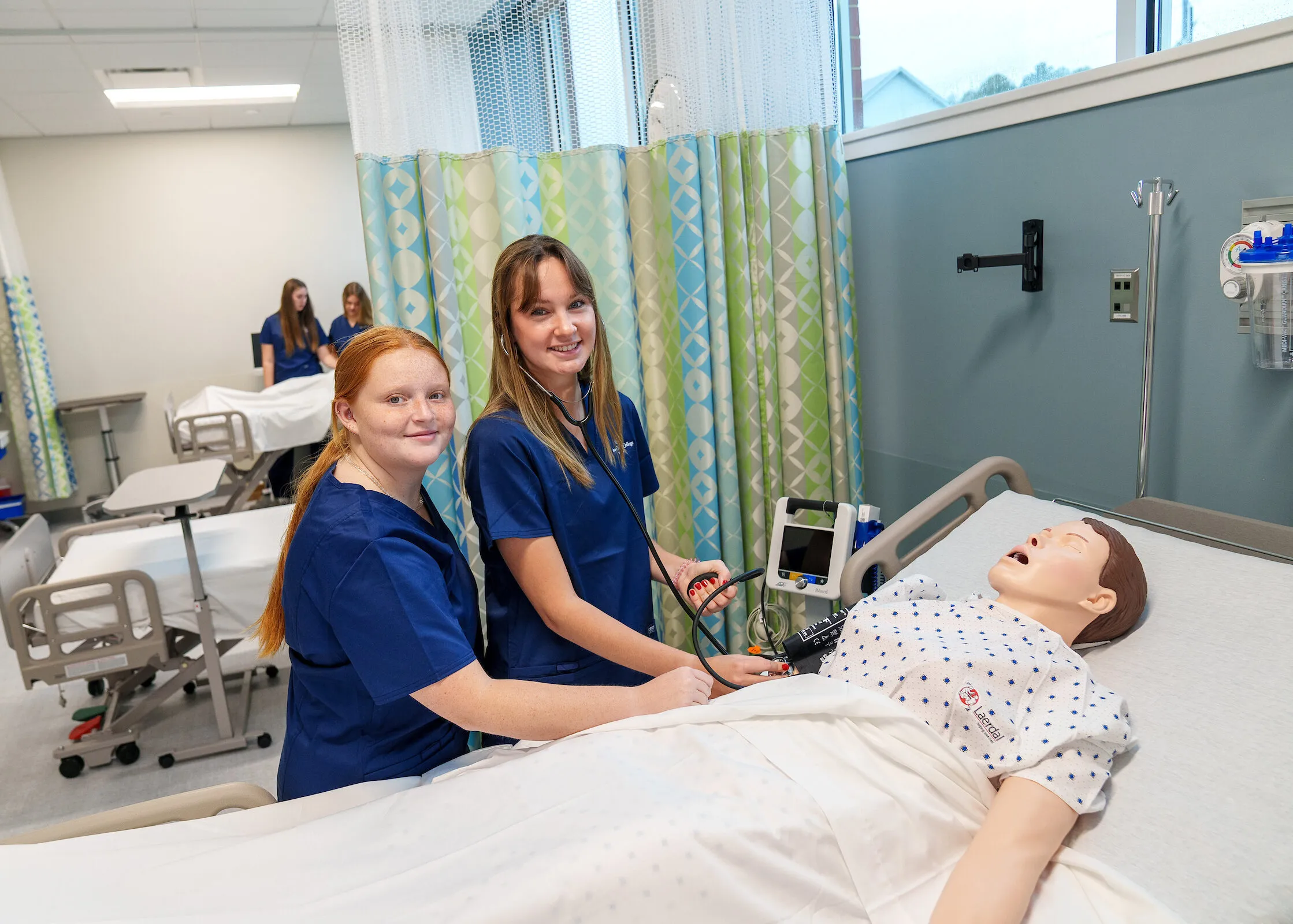The nursing profession is one of the most demanding and rewarding career paths in Alabama. Nurses dedicate their lives to helping patients, often working under intense pressure and stress. However, like professionals in any field, nurses are not immune to personal struggles such as substance use, mental health issues, or other challenges that may impact their ability to practice safely. To address these issues, Alabama established the VDAP Program (Voluntary Disciplinary Alternative Program). While the program offers an opportunity for rehabilitation and license protection, it also presents unique challenges that can feel overwhelming for many nurses.
At Kreps Law Firm, we understand the complexities of the VDAP Program and how it affects nurses’ careers, livelihoods, and reputations. This article explores the major challenges of the VDAP Program, what participation means for nurses in Alabama, and how proper legal support can make a significant difference.
Understanding the VDAP Program in Alabama
The VDAP Program is an alternative to formal disciplinary action for nurses who may be struggling with substance use or other impairments that affect their ability to practice safely. Administered by the Alabama Board of Nursing, VDAP is designed to encourage nurses to seek help without the immediate threat of losing their nursing license.
Participants in the program agree to monitoring, treatment, and compliance requirements in exchange for confidentiality and the chance to continue practicing nursing under certain conditions. While the program’s intent is positive, the strict rules and lengthy commitments can be daunting.
Common Challenges of the VDAP Program for Nurses
1. Lengthy and Demanding Requirements
One of the most significant challenges nurses face in the VDAP Program is the length and intensity of participation. The program can last anywhere from two to five years, depending on the circumstances. During this period, nurses must adhere to strict requirements, such as:
- Regular drug and alcohol testing
- Mandatory counseling or treatment sessions
- Frequent reporting and monitoring
- Restrictions on work shifts or practice settings
These requirements can feel overwhelming, especially for nurses who are trying to rebuild their personal and professional lives.
2. Financial Strain
The financial burden of the VDAP Program is another major obstacle. Participants are typically responsible for the costs of drug testing, counseling, treatment, and program fees. For nurses who may already be struggling financially, these costs can quickly add up. Additionally, restrictions on the type of nursing work they can perform may reduce earning potential during the program.
3. Professional Stigma
Although the VDAP Program is confidential, participation can still lead to stigma within the workplace. Nurses may feel isolated or judged by peers if their participation becomes known. This stigma can take a toll on self-esteem and create additional stress, making the recovery process even more challenging.
4. Career Limitations
Many nurses in VDAP face restrictions on the types of jobs they can take. For example, they may be prohibited from working night shifts, administering narcotics, or holding positions of high responsibility. These limitations can make it difficult to find employment, advance in their careers, or fully utilize their nursing skills.
5. Strict Compliance and Fear of Failure
Perhaps the most stressful aspect of the VDAP Program is the fear of making a mistake. Even a single missed test, delayed report, or miscommunication can result in termination from the program. If this happens, the nurse may face formal disciplinary action from the Alabama Board of Nursing, which could include license suspension or revocation.
Why Legal Guidance Matters in the VDAP Program
Navigating the VDAP Program without legal guidance can be risky. Many nurses enter the program without fully understanding the long-term consequences of participation or the strict requirements involved. Legal representation ensures that nurses’ rights are protected and that they fully understand their obligations.
At Kreps Law Firm, we help nurses:
- Review and understand VDAP agreements before signing
- Negotiate terms and conditions where possible
- Protect their nursing licenses in case of alleged violations
- Navigate communications with the Alabama Board of Nursing
Having a knowledgeable legal team on your side can provide peace of mind and improve the chances of a successful outcome.
How Kreps Law Firm Supports Alabama Nurses
The team at Kreps Law Firm has extensive experience representing nurses facing challenges related to the VDAP Program. We understand the emotional, financial, and professional impact these cases carry. Our attorneys take a compassionate yet strategic approach to every case, helping nurses maintain their careers while addressing the underlying issues that led to program participation.
By working with Kreps Law Firm, nurses gain advocates who can:
- Provide clear guidance through every stage of the process
- Help minimize career disruptions
- Develop strategies for compliance and long-term success
- Offer support and representation in the event of disputes with the Alabama Board of Nursing
Conclusion: Protecting Your Career Through Legal Support
The VDAP Program in Alabama can be both a lifeline and a challenge for nurses. While it provides an opportunity to recover and maintain a nursing license, the strict requirements, financial burdens, and career limitations can feel overwhelming. No nurse should face these challenges alone.
At Kreps Law Firm, we are dedicated to helping nurses navigate the complexities of the VDAP Program while protecting their professional future. If you are a nurse in Alabama facing VDAP participation or struggling with compliance, reach out to our team today. With the right legal support, you can overcome these challenges and continue building a successful nursing career.



